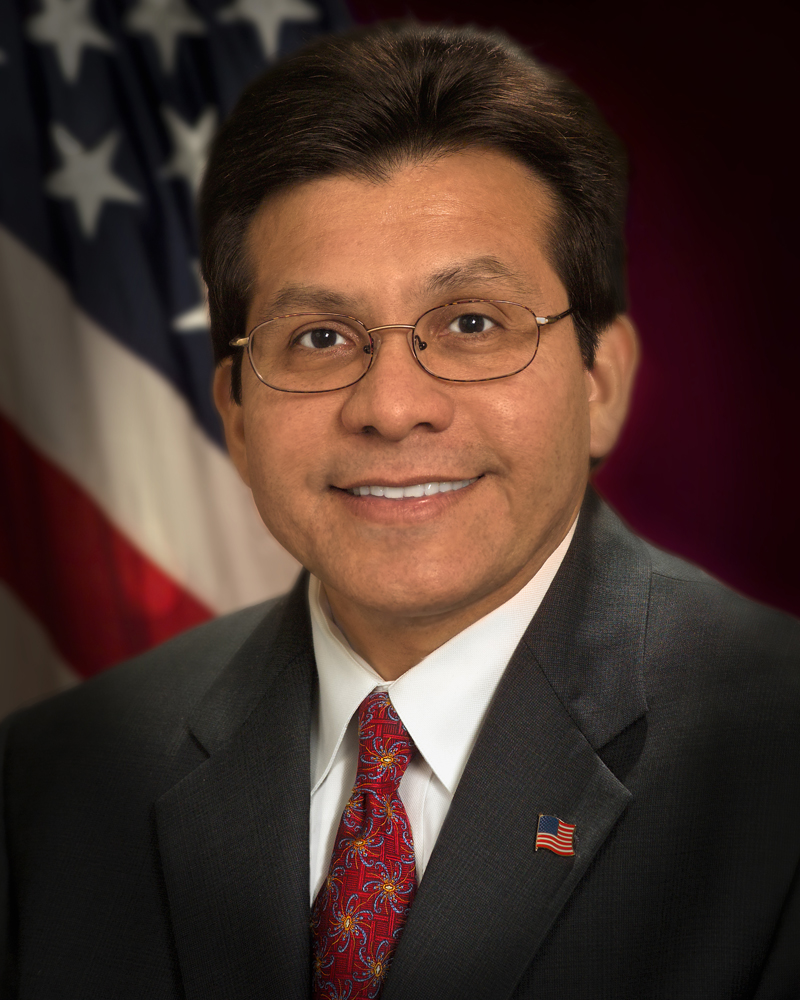Justice knew Bush wiretapping illegal

 The Washington Post has more on the continuing saga of information the public didn't need to know until it embarrassingly reached the light of day: The judges who head up the FISA court that had been responsible for issuing secret warrants were possibly mislead by the National Security Agency about the source of information obtained through President Bush's wiretapping program.
The Washington Post has more on the continuing saga of information the public didn't need to know until it embarrassingly reached the light of day: The judges who head up the FISA court that had been responsible for issuing secret warrants were possibly mislead by the National Security Agency about the source of information obtained through President Bush's wiretapping program.
U.S. District Court Judge Colleen Kollar-Kotelly, who is the presiding judge of the FISA court established in 1978 to prevent abuse of electronic surveillance conducted against Americans, is said to have asked for assurances from the Department of Defense that secret information would not be used to gain warrants well after the fact of the wiretapping, according to the Post story. She also advised the Justice Department that the program was likely unconstitutional.
Then, there is this passage, which confirms the breadth of the surveillance:
The requirement for detailed paperwork was greatly eased, allowing the NSA to begin eavesdropping the next day on anyone suspected of a link to al Qaeda, every person who had ever been a member or supporter of militant Islamic groups, and everyone ever linked to a terrorist watch list in the United States or abroad, the official said.
Remember that babies have shown up on the terrorist watchlist and that the list is constantly amended based on monitoring of Web usage, so anyone may be swept into the surveillance without any oversight by a court. There's no excuse in a democracy for a police agency to act without any accountability to a court, yet that's what we're living through now.
The opinions of two FISA presiding judges that the program was unconstitutional were ignored, contrary to the repeated statements by Bush Administration officials that there is "no question" the program is legal. Then, again, these are also people who, like Attorney General Alberto Gonzales, insist that President Washington had ordered "electronic eavesdropping"—no stretching the truth in that, eh?
UPDATE: I was asked to correct the statement that Attorney General Gonzales said President Washington ordered electronic eavesdropping. But, in fact, not only did Gonzales say that Washington had conducted such surveillance at a time when electronic communications didn't exist, he also accused several other presidents of the conduct, neglecting to include the presidents whose abuse of the practice, Johnson and Nixon, resulted in the FISA law being passed in 1978. Gonzales said: "President Washington, President Lincoln, President Wilson, President Roosevelt have all authorized electronic surveillance on a far broader scale." You can see the video here. If the movie URL resolves to host's home page, the full URL is http://movies.crooksandliars.com/gonzales-Washing.mov.
The correspondent said I should correct my statement, because I was trying to make Gonzales look like an idiot. That is not so. Rather, I want to emphasize the tendency to exaggerate in support of this illegal program. If you don't think that's fair, we can discuss in comments, but Gonzales did say it.
UPDATE, too: Declan McCullagh reports on a recent U.S. District Court case that shows how far-reaching surveillance has become. A Justice Department program captured the email addresses and other header information of correspondents of a particular person who remains unidentified. This would allow the court to pre-approve looking at the content of mail from those people, so it is a form of fishing for information about associations people might have and that implicate them in some way. This surveillance was deemed "unambiguously" legal by the judge, but if abused would have far-reaching impact on political and social discourse. The problem is seldom with the case that is reviewed by a judge, but those that are not.